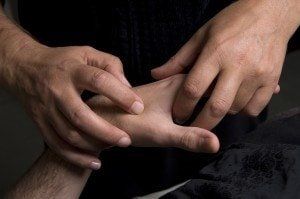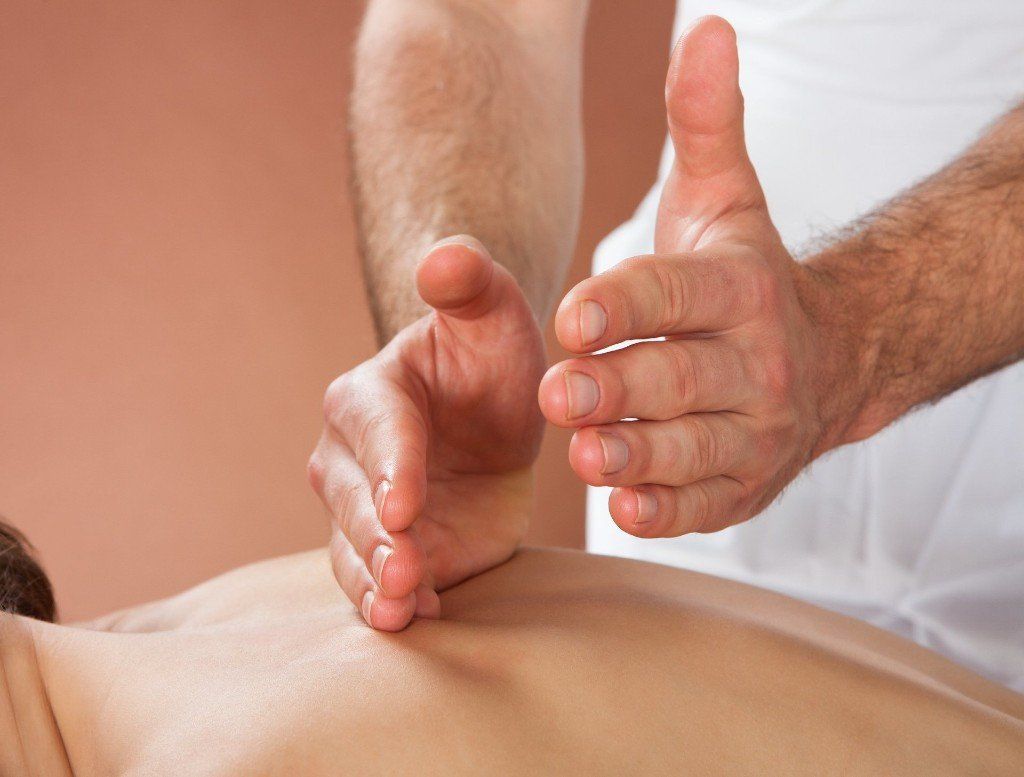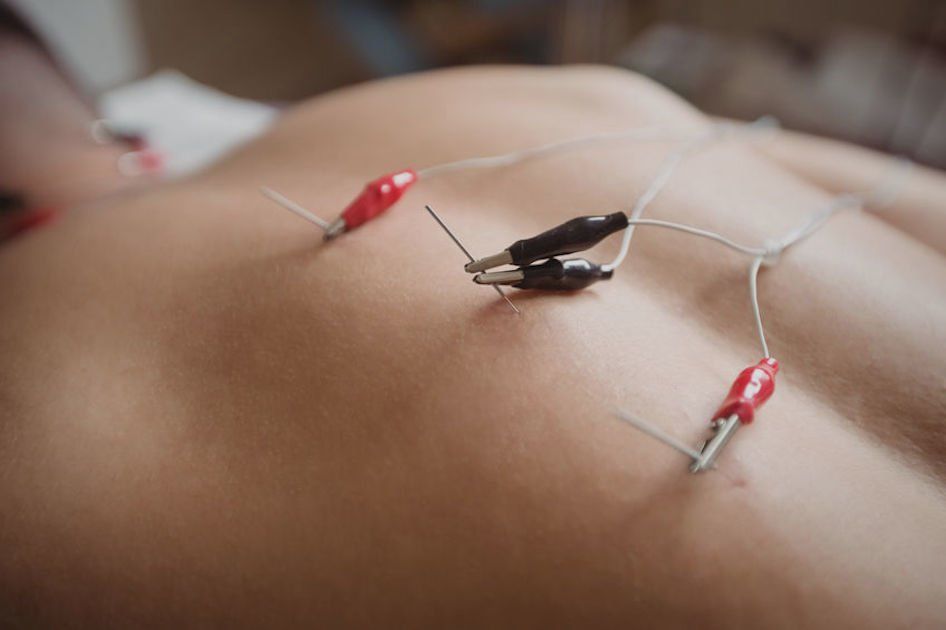Treatments
Traditionally, acupuncture was seen to promote the smooth flow of qi or energy through meridians that run through the body and address any imbalances that could result in ill health and pain.
In Western scientific terms, acupuncture works by stimulating the brain and spinal cord to produce natural chemicals in the body. These chemicals include endorphins to relieve pain, oxytocin to reduce stress, melatonin to encourage sleep, serotonin to enhance feelings of well-being and adenosine which reduces inflammation in the body, therefore assisting in the body’s natural healing process. Acupuncture also stimulates nerve fibres to block out pain signals and help to reduce the sensitivity of tender points in the body.
Acupuncture is used to treat a wide range of conditions and the evidence base in support of its use is continually growing. Well known for treating chronic pain conditions such as back, neck, shoulder and knee pain, research has also found acupuncture to be helpful in:-
- Headaches and migraine
- Osteoarthritis
- Mental health issues (depression, anxiety, PTSD)
- Digestive disorders such as IBS and overactive bladder
- Male and female fertility issues and IVF support
- Chronic Prostatitis symptoms
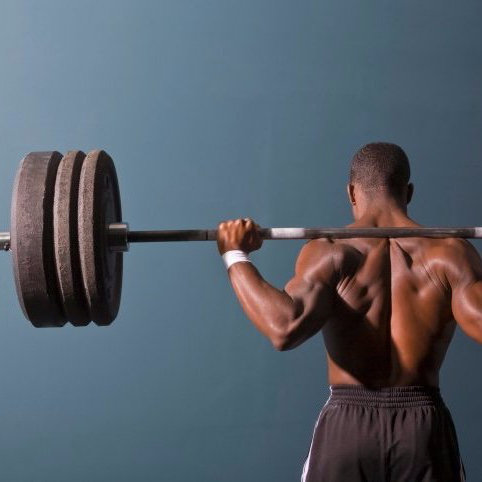
Orthopaedic Acupuncture
Orthopaedic Acupuncture has evolved from and integrates Traditional Chinese Acupuncture but is based on a modern understanding of human anatomy and physiology.
Traditional techniques are used to treat the muscles and soft tissues of the body in particular to release taut bands of muscle or trigger points that can often be a major cause of musculoskeletal pain and dysfunction.
Many athletes and sports clubs use acupuncture to enhance athletic performance, aid recovery and treat sports injuries such as:
- Plantar Fasciitis
- Achilles Tendonitis
- Morton's Neuroma
- Shin Splints
- Tennis/Golfer's Elbow
- Back pain and Sciatica
- Knee pain
- Neck pain
- Shoulder pain
- IT Band and Hamstring tightness
Massage
- Increased blood flow to facilitate the transportation of nutrients and oxygen and encourage healing.
- Reduces stress and tension. Massage techniques can help to relax contracted muscle fibres and connective tissues. This can reduce pain by allowing the free flow of blood and lymph around the tissues as well as releasing any compression
of nearby nerves.
- Breaks down scar tissue and fibrous adhesions to allow greater mobility of joints and muscles.

Fertility and IVF Support
Studies show that acupuncture can significantly improve the birth rate of sub-fertile women undergoing IVF. (Zhang X et al 2018).
Undergoing IVF can be a very stressful time and other research has indicated that acupuncture can reduce stress and/or anxiety and increase a woman's ability to cope with the IVF process.
A comprehensive acupuncture treatment management strategy may be required leading up to an IVF cycle (pre-treatment), and then during ovarian stimulation, with an aim to influence the development of ovarian follicles. In addition, treatment may also be provided around embryo transfer, and shortly afterwards during the two-week wait prior to a pregnancy test, to possibly influence implantation and relieve stress and anxiety resulting from uncertainty.
Research indicates that the effectiveness of acupuncture may be dose-dependent, i.e. you need to have a sufficient number of sessions over an adequate period of time.
Electro-acupuncture
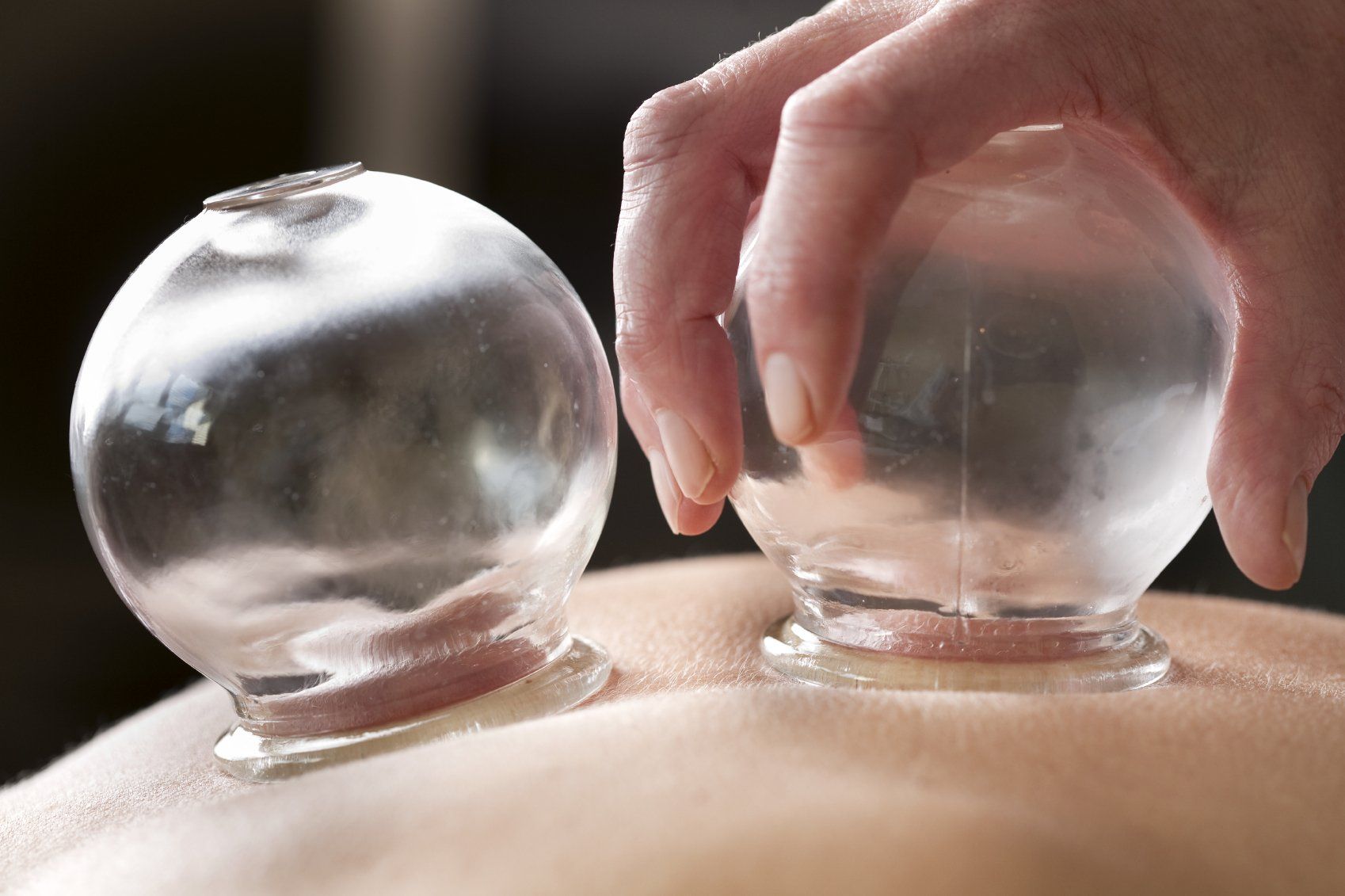
Cupping
Gua Sha
Modern research shows Gua sha produces an anti-inflammatory and immune protective effect that persists for days following a single Gua sha treatment. This accounts for its effect on pain, stiffness, fever, chill, cough, wheeze, nausea and vomiting etc.

Infrared Heat Therapy
Infrared heat therapy is often used alongside acupuncture to enhance the therapeutic effect of the treatment.

